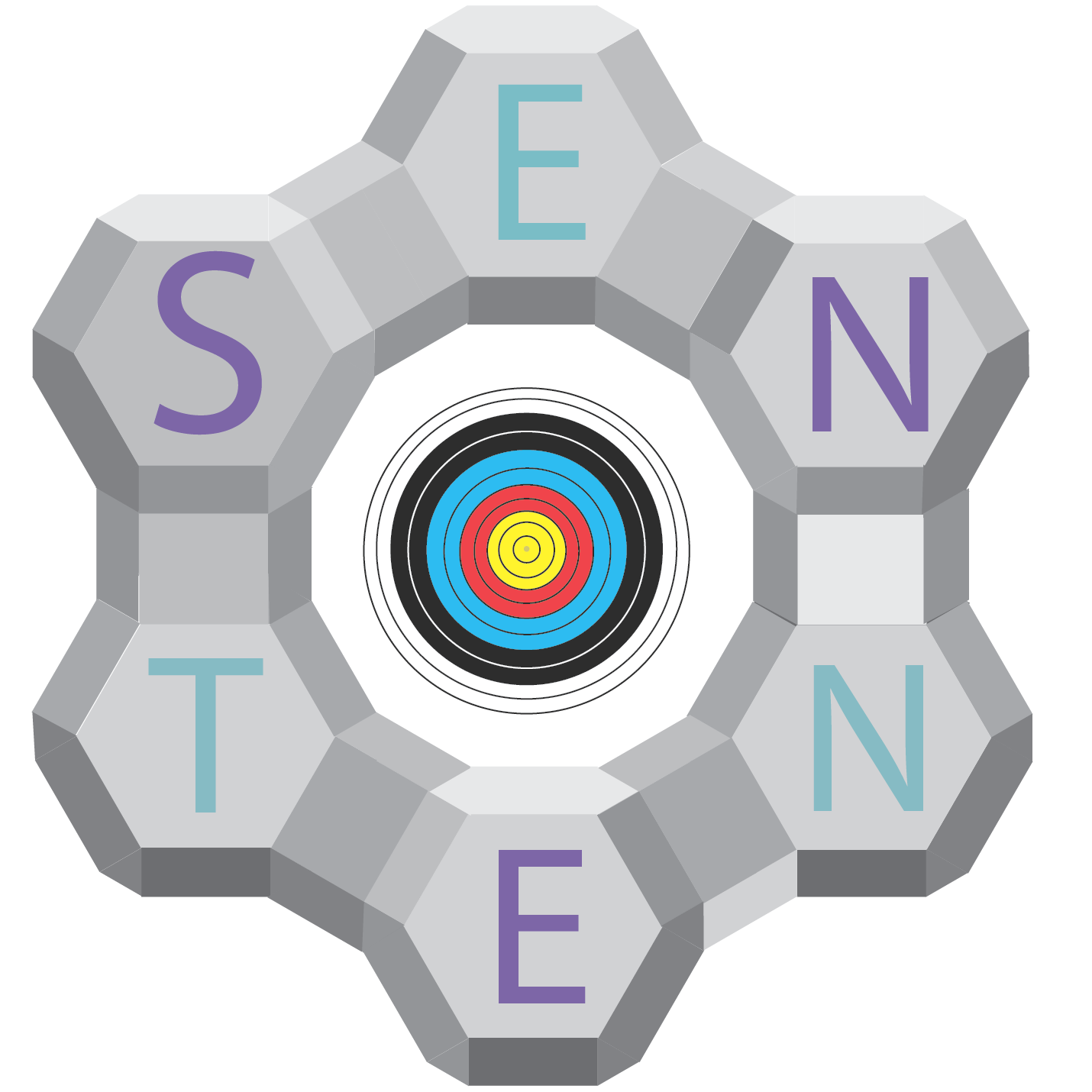RR7: Fabrication of MOF- and zeolite-functionalized resistive sensors, sensor arrays, and pre-concentrators
Project Title: Fabrication of MOF- and zeolite-functionalized resistive sensors, sensor arrays, and pre-concentrators (WP4)
Host Institution: CAU
Country: Germany
Supervisors: Prof. R. Adelung (CAU); Secondary Supervisors: Prof. M. Kraft (KUL), Andreas Walte (Airsense)
Objectives:
- Decoration of compatible MOF-structures on metal oxide nanowire sensors fabricated by 3D printing. MOFs and zeolites will either be wet
chemically deposited via nanoparticles or directly grown on adequate metal oxides like ZnO or TiO2. - MOF-functionalised porous graphene networks used as pre-concentrators for specific VOCs
- Integration of sensors with MOF- or zeolite-functionalised pre-concentrators for specific VOCs
- Integration of multiple, partially selective sensors into one sensor array, equipped with pre-concentrator and custom electronics.
Short Description of Work & Expected Results:
- Various metal microparticles will be printed via direct ink writing. Direct ink writing can produce these particles with a thickness of 100-1000 μm.
- Multiple sensor systems will be printed and included into an array to be cross-related to obtain the best possible selectivity.
- A channel system with inlets decorated with zeolites and MOFs will act as a retention agent depending on the molecules size and the pores. A MOF- or zeolite-functionalised porous graphene structure will allow for rapid heating to release the adsorbed VOCs.
Planned secondment(s):
- Host: KUL, Prof. M. Kraft, Timing: year 2, Length 6 months, Topic: Cleanroom training and sensor fabrication via various patterning methods.
- Host: Airsense, Andreas Walte & Bert Ungethüm, Timing: year 3, Length 2-3 months, Topic: Sensor integration and evaluation, training in the assembly of prototypes, programming sensor read-out software. Working in a company environment.
Enrolment in Doctoral degree(s): CAU & KU Leuven
Candidate requirements:
- The ideal candidate will have a profile containing Materials Science, with special focus on semiconductor technology, fabrication technology and interface chemistry and physics.
- Additional candidate profiles may include a background in physics, chemistry and mechanical engineering.
Recruited researcher: Barnika Chakraborty
